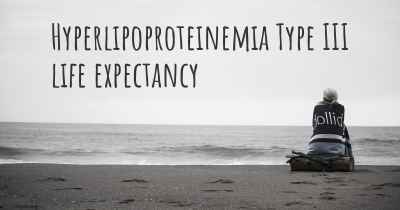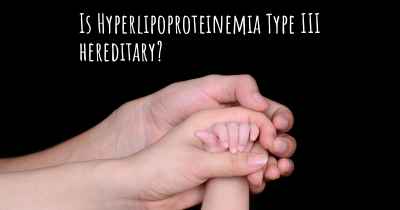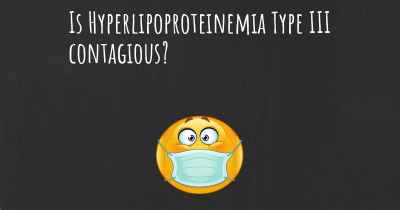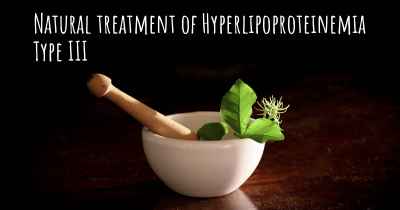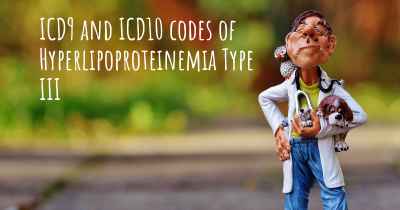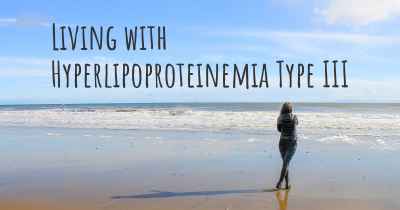What are the best treatments for Hyperlipoproteinemia Type III?
See the best treatments for Hyperlipoproteinemia Type III here

Hyperlipoproteinemia Type III, also known as dysbetalipoproteinemia or broad beta disease, is a genetic disorder characterized by abnormal lipid metabolism. It is caused by a mutation in the gene encoding apolipoprotein E (apoE), resulting in the accumulation of chylomicron remnants and very low-density lipoprotein (VLDL) remnants in the blood.
Dietary Modifications: One of the primary treatment approaches for Hyperlipoproteinemia Type III is making dietary modifications. A low-fat diet, particularly low in saturated and trans fats, is recommended. This involves reducing the intake of high-fat foods such as red meat, full-fat dairy products, and fried foods. Instead, emphasis should be placed on consuming lean proteins, whole grains, fruits, and vegetables. Additionally, limiting the intake of cholesterol-rich foods like eggs and shellfish can be beneficial.
Weight Management: Maintaining a healthy weight is crucial for individuals with Hyperlipoproteinemia Type III. Obesity and excess body weight can worsen lipid abnormalities and increase the risk of cardiovascular complications. Regular exercise, such as aerobic activities and strength training, can aid in weight management and improve lipid profiles.
Medications: In some cases, lifestyle modifications alone may not be sufficient to control lipid levels. Medications may be prescribed to further manage Hyperlipoproteinemia Type III. The primary medications used are statins, which are cholesterol-lowering drugs. Statins inhibit an enzyme involved in cholesterol synthesis, thereby reducing LDL cholesterol levels. They can also have a modest effect on triglyceride levels. Other medications, such as fibrates or niacin, may be prescribed to target elevated triglyceride levels.
Regular Monitoring: Regular monitoring of lipid levels is essential for individuals with Hyperlipoproteinemia Type III. This allows healthcare professionals to assess the effectiveness of treatment and make any necessary adjustments. Lipid profiles, including total cholesterol, LDL cholesterol, HDL cholesterol, and triglyceride levels, are typically measured. The frequency of monitoring may vary depending on the severity of the condition and the individual's response to treatment.
Management of Comorbidities: Hyperlipoproteinemia Type III is associated with an increased risk of cardiovascular disease. Therefore, it is important to manage other cardiovascular risk factors, such as hypertension and diabetes, if present. Lifestyle modifications, including a heart-healthy diet, regular exercise, and appropriate medications, may be necessary to control these comorbidities.
Genetic Counseling: Since Hyperlipoproteinemia Type III is a genetic disorder, genetic counseling may be beneficial for affected individuals and their families. Genetic counselors can provide information about the inheritance pattern, recurrence risks, and available testing options. This can help individuals make informed decisions regarding family planning and understand the implications of the condition.
In conclusion, the treatment of Hyperlipoproteinemia Type III involves a combination of dietary modifications, weight management, medications, regular monitoring, management of comorbidities, and genetic counseling. By implementing these strategies, individuals with Hyperlipoproteinemia Type III can effectively manage their lipid levels, reduce the risk of cardiovascular complications, and improve their overall health.
